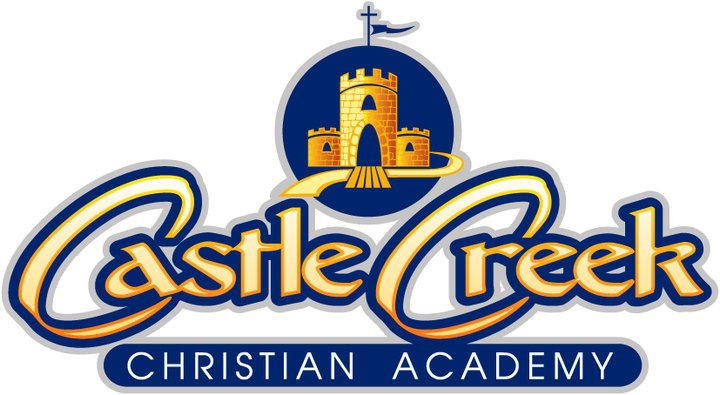Quality Christian Preschool: What to Look for Beyond Faith
Finding the right preschool for your child feels like one of the most important decisions you’ll make as a parent. Recent studies show that 85% of brain development occurs before age five, making your choice of early childhood education provider crucial for your little one’s future success. While faith-based education remains a priority for many families, ensuring academic excellence and developmental appropriateness requires looking beyond religious instruction alone.
Many parents assume that Christian preschools automatically provide quality education simply because they incorporate biblical values. However, exceptional early childhood education requires a careful balance of spiritual foundation, academic rigor, and age-appropriate learning experiences. The most effective Christian preschools understand that nurturing young minds requires both divine inspiration and evidence-based educational practices.
At Castle Creek Christian Academy, we’ve witnessed firsthand how this balanced approach transforms young learners. Our experience serving families has shown us that children thrive when they receive both spiritual guidance and academically rigorous services designed specifically for their developmental stage.

Academic Excellence Within a Faith Framework
Quality Christian preschools demonstrate their commitment to educational excellence through nationally recognized curricula that align with early childhood development standards. Look for programs that incorporate play-based learning methodologies, as research consistently shows that children learn best through hands-on exploration and discovery. These schools seamlessly weave biblical principles into academic activities rather than treating faith and learning as separate components.
The strongest programs maintain appropriate teacher-to-student ratios, typically no more than 10 children per teacher for preschool-age groups. This ensures each child receives individualized attention while participating in group activities that build social skills and emotional intelligence. Teachers should hold relevant early childhood education credentials and participate in ongoing professional development to stay current with best practices.
Curriculum Integration and Learning Outcomes
Exceptional Christian preschools create learning environments where children develop pre-reading skills, mathematical thinking, and scientific curiosity alongside character development. They use assessment tools that track developmental milestones while respecting each child’s unique learning pace. These schools understand that rushing academic concepts can actually hinder long-term educational success.
Physical development receives equal attention through structured outdoor play, fine motor skill activities, and movement-based learning experiences. Art, music, and dramatic play opportunities allow children to express creativity while developing cognitive abilities. The most effective programs recognize that young children need varied sensory experiences to build neural connections essential for future learning.
Environmental Factors That Matter
The physical environment of a quality Christian preschool reflects both safety standards and educational philosophy. Classrooms should feature natural lighting, child-sized furniture, and learning centers that encourage exploration and independence. Outdoor spaces need age-appropriate equipment that challenges children physically while maintaining safety standards.
Technology integration should be thoughtful and limited, focusing on tools that enhance rather than replace hands-on learning experiences. Many excellent programs use tablets or interactive whiteboards sparingly, understanding that screen time recommendations for young children emphasize real-world interactions over digital experiences.
Communication and Family Partnership
Strong Christian preschools prioritize transparent communication with families through regular progress reports, parent-teacher conferences, and informal daily interactions. They welcome family involvement in classroom activities and school events, recognizing that consistent messaging between home and school strengthens children’s development.
These schools also demonstrate cultural sensitivity and inclusivity while maintaining their Christian identity. They celebrate diversity within the broader framework of Christian values, helping children develop respect for others while growing in their own faith understanding.
Making Your Final Decision
Choosing a quality Christian preschool requires visiting potential schools, observing classroom interactions, and asking detailed questions about curriculum, teacher qualifications, and educational philosophy. Trust your instincts about whether the environment feels nurturing and stimulating for your specific child.T
he investment you make in quality early childhood education pays dividends throughout your child’s academic journey and beyond. Castle Creek Christian Academy understands that exceptional Christian education requires both spiritual foundation and educational excellence, providing families with the comprehensive early childhood experience their children deserve. Contact us today to schedule a tour and discover the difference that quality Christian preschool education can make in your child’s development and future success.
